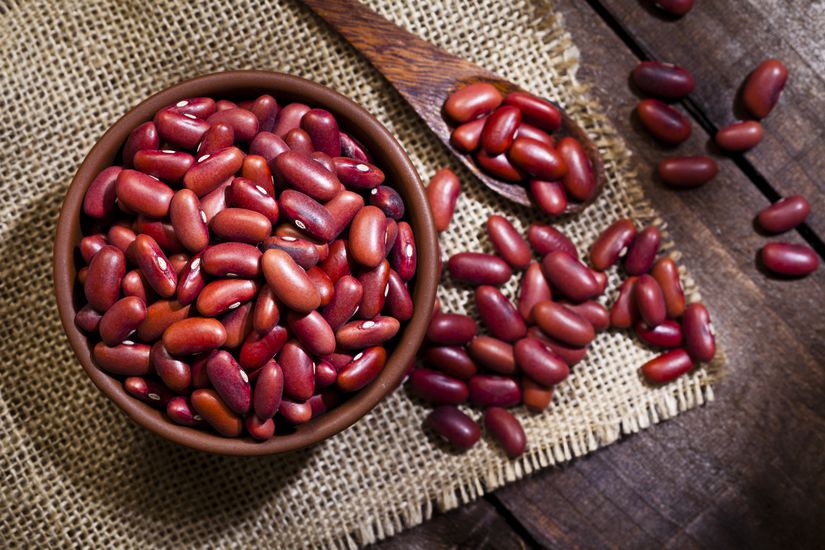Pressure Drop
The number of Americans dealing with high blood pressure is inching closer and closer to half of the adult population, making it more important than ever to explore new ways to lessen the negative impacts of hypertension. While foods with higher sodium levels are dangerous to blood pressure levels, there are plenty of foods that can have the opposite effect. To find out more about how some of these foods can help fight against hypertension, Cheapism talked to Megan Wong, a registered dietitian at the dietary-supplement company AlgaeCal, and Lisa R. Young, Ph.D., a registered dietitian and adjunct professor of nutrition at New York University.
Related: 15 Free Ways to Protect Your Heart























